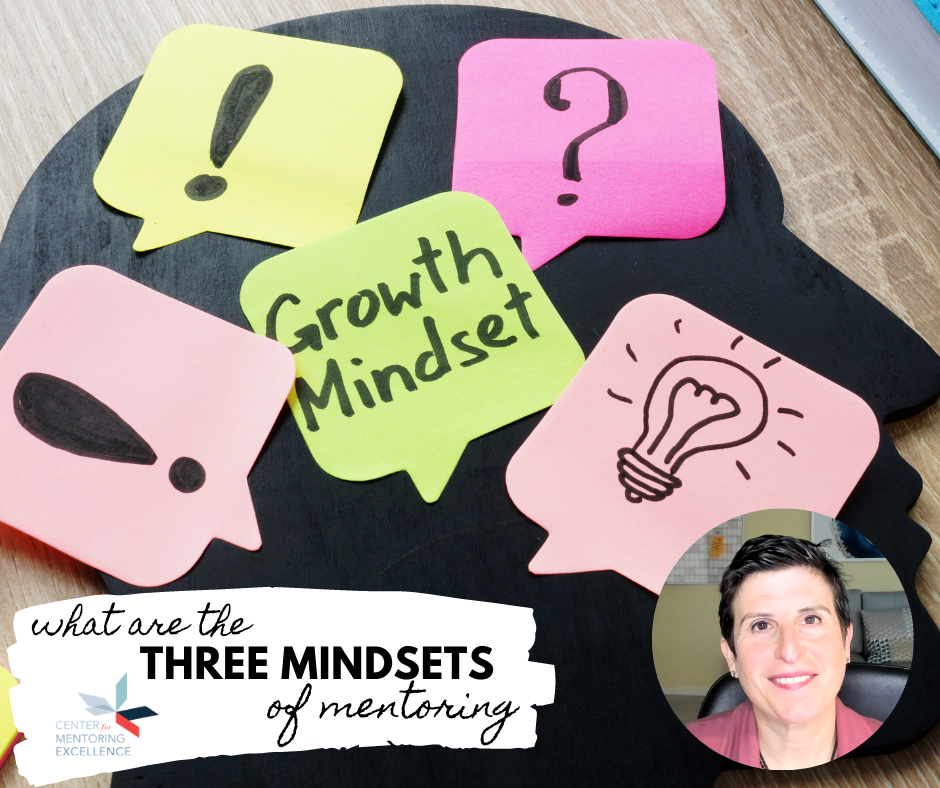Why can’t my manager be my mentor too?
There are some really great managers in our workplaces today. These managers understand the importance of focusing on the development of their employees. They take the time to build relationships with the people whom they manage. They create a safe space for learning, inquiry, and even for making mistakes. They are great role models, advisors, and coaches.

So why do I discourage mentees from choosing their supervisor as a mentor?
Before I answer, here is an important distinction. I DO believe that good managers should develop the competency of mentoring. I DO believe that when managers mentor others, it helps them become even better managers. But while it is important for managers to be mentors, I DO NOT think that managers should mentor people who work for them.
Here’s why:
There are two characteristics of a supervisor/employee relationship that make it less than ideal for a mentoring relationship:
A manager’s primary accountability is to the business’s success, not the employee’s career.
Ultimately, a manager is responsible for their team’s performance and must put the organization’s interest first, even when it conflicts with the employee’s interest. Managers are hired to perform a specific job and to make sure their team’s performance is in service to the outcome they are hired to achieve. Sometimes, an employee’s interests might be at odds with that responsibility. Perhaps the employee’s best career path would take them out of that team, out of that company, or in a different role. A manager’s allegiance to the organization compromises their impartiality when they mentor their own employee.
A mentor’s primary accountability is to the development of the mentee. Since a mentor is not tethered to performance metrics, they can provide an additional unbiased perspective that can help a mentee develop in a way that is authentic to their own needs.
A manager is responsible for evaluating their employee’s performance and job security, which includes determining their compensation and career trajectory.
No matter how good the manager, ultimately, they have a say in their employee’s compensation. For mentoring to be effective, a mentee must feel safe sharing their challenges and shortcomings. It isn’t easy to build that safety when one’s job or livelihood is at stake.
There are some essential roles a manager can play in mentoring, however.
Mentees: Enlist your manager in your mentoring by:
- Asking for help in finding a mentor. Share what you want to learn. Ask them who they know who might be a good learning fit.
- Helping you identify learning goals. Ask your manager what skills, competencies, or knowledge they think you can strengthen or amplify. If those recommendations resonate with you, use them as a basis for setting goals in your mentoring relationship
- Giving you feedback on your progress. Share your mentoring goals with your manager. Ask what improvements they have observed.




